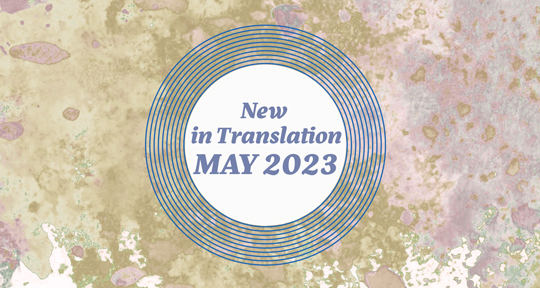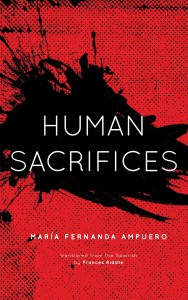Michelangelo Antonioni and Julio Cortázar form our double feature for this latest edition of Asymptote at the Movies—a perfect pairing in their own idiosyncratic way, as two auteurs who both formidably challenged the responsibilities and capacities of their mediums. Cortázar’s “Les babas del diablo” was published in 1959, and a short six years later, Antonioni’s Blow-Up hit the theatres. Both works have at their centre a photographer: Cortázar’s narrator, Michel; and Antonioni’s protagonist, Thomas. Both also see their leading men stumble across something sinister, which drastically—and perhaps irreversibly—alter their engagement with their respective realities. Cortázar and Antonioni have both declaimed any other significant crossover between their works, and indeed they seem to have little more in common besides an overarching narrative catalyst. . . but isn’t there always more to be found when two intelligences are in dialogue? In the following roundtable, Chris Tănăsescu, Thuy Dinh, Xiao Yue Shan, and Rubén López discuss these two masterpieces, their phenomenology, and how the mode of translation works between them.
Chris Tănăsescu (CT): I read Cortázar’s story only after watching the movie—actually, after watching Blow-Up multiple times over the years. But I believe this is far from being the only reason why, when I did finally read the Cortázar text, it seemed to me that the story had been written after the movie, and not the movie that was based on—or rather, “inspired by”—the story . . . The story struck me as a piece I would have expected Antonioni to write himself. “This is Antonioni,” I thought to myself . . . His cinematic poetics, the style and language (of characters in various movies of his, quite a number of them writers or artists), even his obsessive motifs (such as composition versus/and/as the machine) were all there. What’s more, Cortázar’s speaker’s moody, stylistic, grammatical, translational, topographical, and voyeuristic flaneuring seemed like the perfect illustration [and at times even (re)wording] of some of Antonioni’s most well-known statements about the art of modern filmmaking; particularly the ones in which he ponders over the director’s mission to capture a never-static flux-like reality by continuously staying in motion and incessantly gravitating towards, and away from, moments of potential crystallization. The “arriving and moving on, as a new perception.”
Thuy Dinh (TD): I prefer to think that each work—whether the film or the story—exists independently of each other, with its own unique language and attributes, yet can converse with or sustain the other like a dance, a collaboration, or an equitable marriage: where no one has, or wishes, to have the upper hand. This idea of conversation seems more inclusive, and helps us to gain a more holistic view of what we call “reality,” don’t you think—especially since both Antonioni’s Blow-Up and Cortázar’s “Las babas del diablo” squarely address the limitations of subjectivity and/or the inherent instability of any narrative approach, and in so doing invite the audience/reader to accept the fluidity of all human experiences?
Xiao Yue Shan (XYS): This concept of dialogic resonance operating inside the small words “inspired by” is so discombobulating and vast, it’s a shame that we only have the linear conceit of before and after to refer to it—but before and after it is. Chris, even though as you so precisely pointed out, the film is rife with Antonioni and his inquiries (that of the despair innate in sexual elation, that “memory offers no guarantees,” and that hallucinogenic quality of modern opulence), I think at the centre of his Blow-Up is this idea that life is always interrupted with seeing, and seeing always interrupted with life, and this is, I believe, a direct carry-over from Cortázar’s mesmerising, illusive tale of what it means when the gift of sight is led through the twisted chambers of seeing. Which is to say, I agree with both of you, that at the confluence of these two works lie a similar attention to fluidity. READ MORE…









